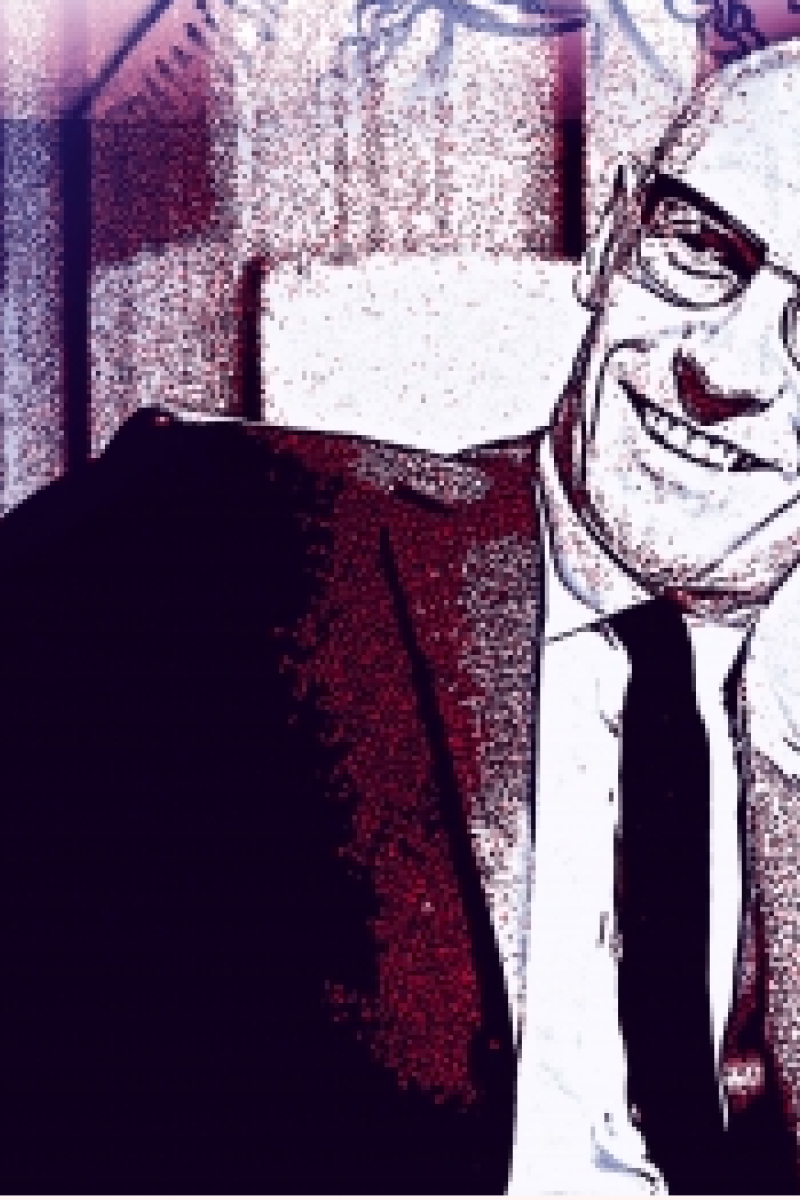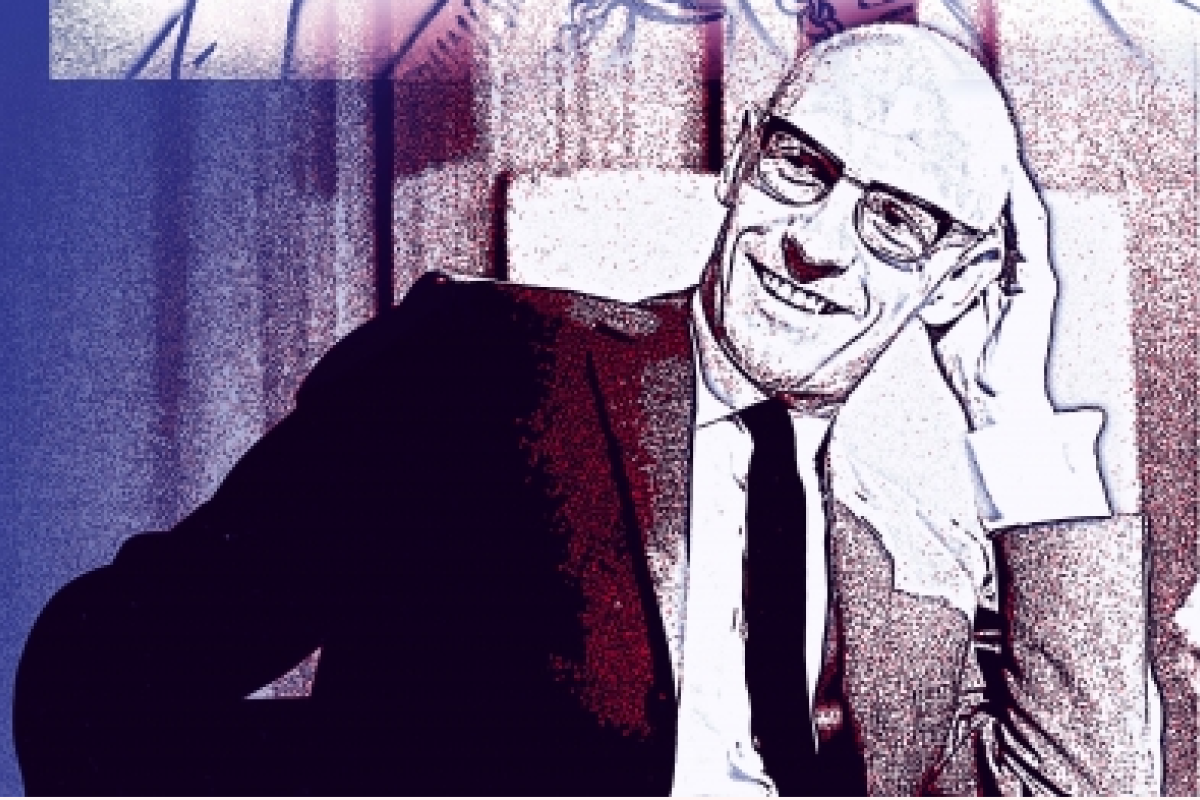
Top 10 VIPs: Michel Foucault explains exactly how ‘Knowledge is power’
French philosopher Michel Foucault caused controversy with his outspoken ideas, but his personal life remained a mystery

Michel Foucault (1926-1984) was a French philosopher, writer and historian. He wrote about and discussed many topics, and often his ideas caused controversy. Foucault’s speeches and writings helped change many areas of modern society including teaching, medical practice, the use of power and knowledge in everyday life, how prisons and hospitals are run, and how criminals should be treated.
When he died in 1984, Foucault had become the most famous and influential philosopher in Europe since the second world war. His campaigned publicly for the rights of prisoners, political dissidents, students and the gay community.
Foucault spoke out on many topics, but his personal life remained a mystery.
Who really was Michel Foucault? “I don’t feel it is necessary to know exactly what I am,” Foucault wrote.
Early life
Foucault was born into a well-off family in Poitiers, France, in 1926. His father was a doctor, and he received the best possible education the city could offer. He moved to Paris to attend university, and while he was a student at the famous Ecole Normale Supérieure, he became depressed, and tried to take his own life.
After this, Foucault became interested in psychology, and issues like madness and criminality. He wanted to find answers to his own problems. Why had he become depressed? Why did he have a breakdown? Foucault successfully completed his studies and earned a degree in psychology.
Mental illness, and misuse of power
In the 1950s, Foucault taught psychology at universities in France, Germany and Poland. In 1954, he published his first book, Maladie Mentale et Personnalité, and his ideas about mental illness and how it should be treated made headlines. While he was teaching philosophy at the University of Clermont-Ferrand, he met his partner Daniel Defert, with whom he lived until his death in 1984.
In 1968, Foucault published another book that ruffled a lot of feathers in academic circles in France. The Archaeology of Knowledge is a difficult and obscure read, but by now nobody who listened to what Foucault had to say expected his ideas and opinions not to cause controversy.
In Discipline and Punish (1975), Foucault looks at how power is used and misused in social institutions like schools and prisons. He suggests that the way people like social workers, the police, and teachers exercise their power over other humans is not beneficial to the individual nor to the advancement of society.
Foucault the activist
In 1968, France was brought to a standstill by strikes and student revolts demanding political and social reform. Foucault did not sit in his office watching from the sidelines. He joined students in occupying government buildings and fighting with police. After the riots, the French government created a new university near Paris and Foucault was named the head of its philosophy department. But the ideas he taught proved so radical that the French Ministry of Education eventually closed down the department.
Changing personality
When Foucault died in 1984, his work was described as “the most important event of thought in our century”. Foucault’s ideas influenced many areas of modern life, but he refused to have his work labelled. During his lifetime, he would not allow anyone to write articles about his background or lifestyle. He said his personality was changing all the time and that he existed only because of his work.
“Do not ask me who I am and do not ask me to remain the same,” Foucault told one interviewer who tried to get him to talk about himself. For Foucault, it was the ideas that were important, not the person who was behind them.
Footnote: A man often difficult to understand, and a name difficult to pronounce! The French surname “Foucault” is pronounced “foo-co”.
Quotes
“In our society, art has become something which is only related to objects and not to individuals or to life”
“I don’t feel that it is necessary to know exactly what I am”
“Nature has placed within reach and in sight of human beings the things it is necessary for them to know”
“It is surprising that prisons resemble factories, schools, barracks, hospitals, which all resemble prisons”
A thought by Foucault
Foucault’s opinions often led to disagreement and argument among other philosophers and writers. The quotation below is typical of the trouble a Foucault idea could cause. Do you agree with him that the power to punish is the same as curing or educating? Send your thoughts to [email protected]